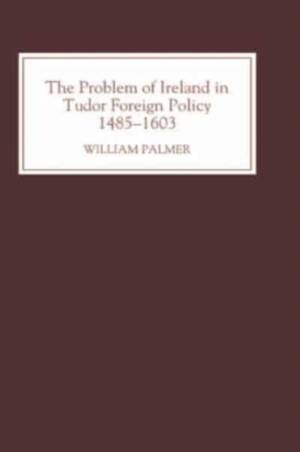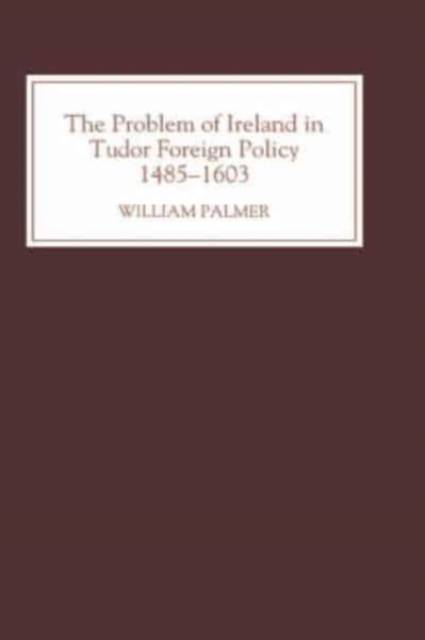
- Afhalen na 1 uur in een winkel met voorraad
- Gratis thuislevering in België vanaf € 30
- Ruim aanbod met 7 miljoen producten
- Afhalen na 1 uur in een winkel met voorraad
- Gratis thuislevering in België vanaf € 30
- Ruim aanbod met 7 miljoen producten
Zoeken
€ 177,45
+ 354 punten
Omschrijving
This book examines the place of Ireland in English foreign policy from 1485-1603. Recent reinterpretations of the history of sixteenth-century Ireland, while injecting new life into early modern Irish historiography, have paid little attention to the role of Ireland in Tudor foreign policy and strategic thinking. While foreign policy was not the 'deus ex machina' of Irish policy, several shifts in Tudor policy toward Ireland occurred during times of foreign policy crisis. The tensions provoked by the Reformation in England, for example, introduced an ideological element into international politics. England and Ireland became regular targets for foreign Catholic plots, forcing Henry VIII and, later, others to seek a more compliant Ireland. In the 1540s Henry compounded England's international situation by invading Scotland and France. Both endeavours ultimately failed and led to more French and Scottish intervention in Ireland, which in turn led to the entry of more and more English officials into Ireland and the implementation of increasingly agressive policies. Tudor rule in Ireland, therefore, both reflected wider international politics and had implications for relations between England and Scotland, and between Scotland and Ireland. WILLIAM PALMER is Professor of History at Marshall University in Huntington, West Virginia.
Specificaties
Betrokkenen
- Auteur(s):
- Uitgeverij:
Inhoud
- Aantal bladzijden:
- 171
- Taal:
- Engels
Eigenschappen
- Productcode (EAN):
- 9780851155623
- Verschijningsdatum:
- 12/01/1995
- Uitvoering:
- Hardcover
- Formaat:
- Genaaid
- Afmetingen:
- 156 mm x 234 mm
- Gewicht:
- 417 g

Alleen bij Standaard Boekhandel
+ 354 punten op je klantenkaart van Standaard Boekhandel
Beoordelingen
We publiceren alleen reviews die voldoen aan de voorwaarden voor reviews. Bekijk onze voorwaarden voor reviews.








